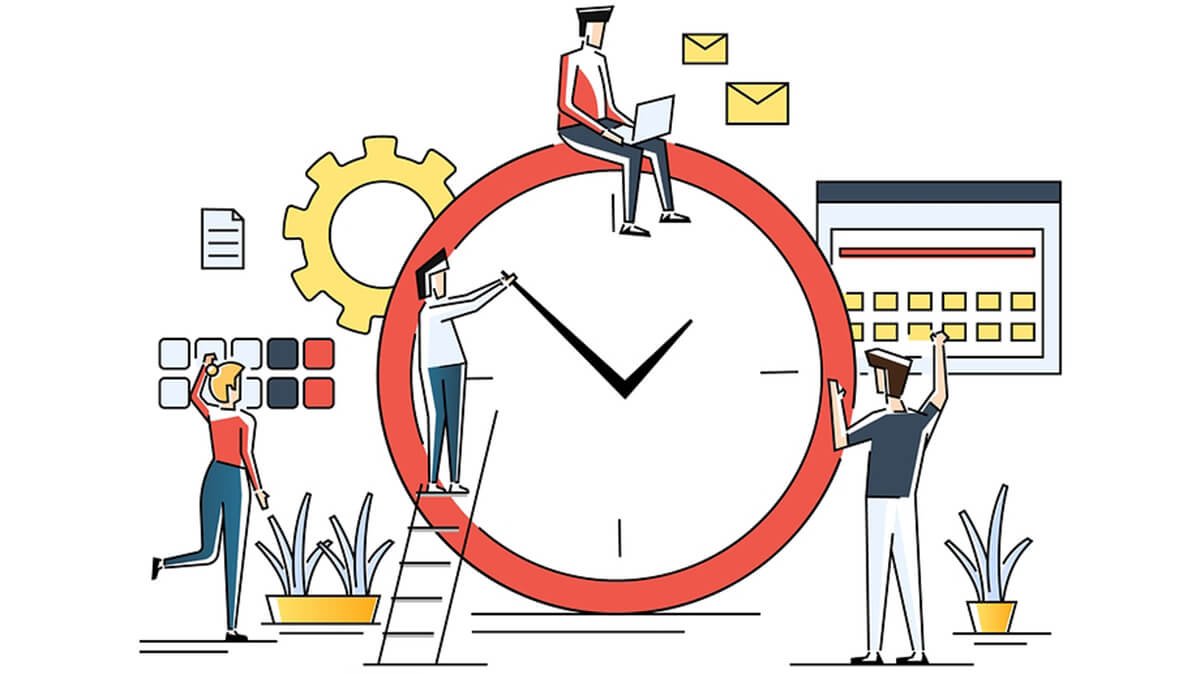We can measure time, units like cost and value, metrics and temperatures, but we don’t know how to measure feelings. And as a result we focus on what we can measure and not on what’s important. I think most people operate on primary motivations and the two default modes of human behaviour are habit and social copying. In other words, do what I have done before and do what everyone else does. Therefore, any new behaviours will take longer to adapt than you think. There are an awful lot of technologies that take a long time to penetrate or to become adopted but what’s really important is how sticky they are.
““If you can’t measure it, you can’t manage it.” ”





















